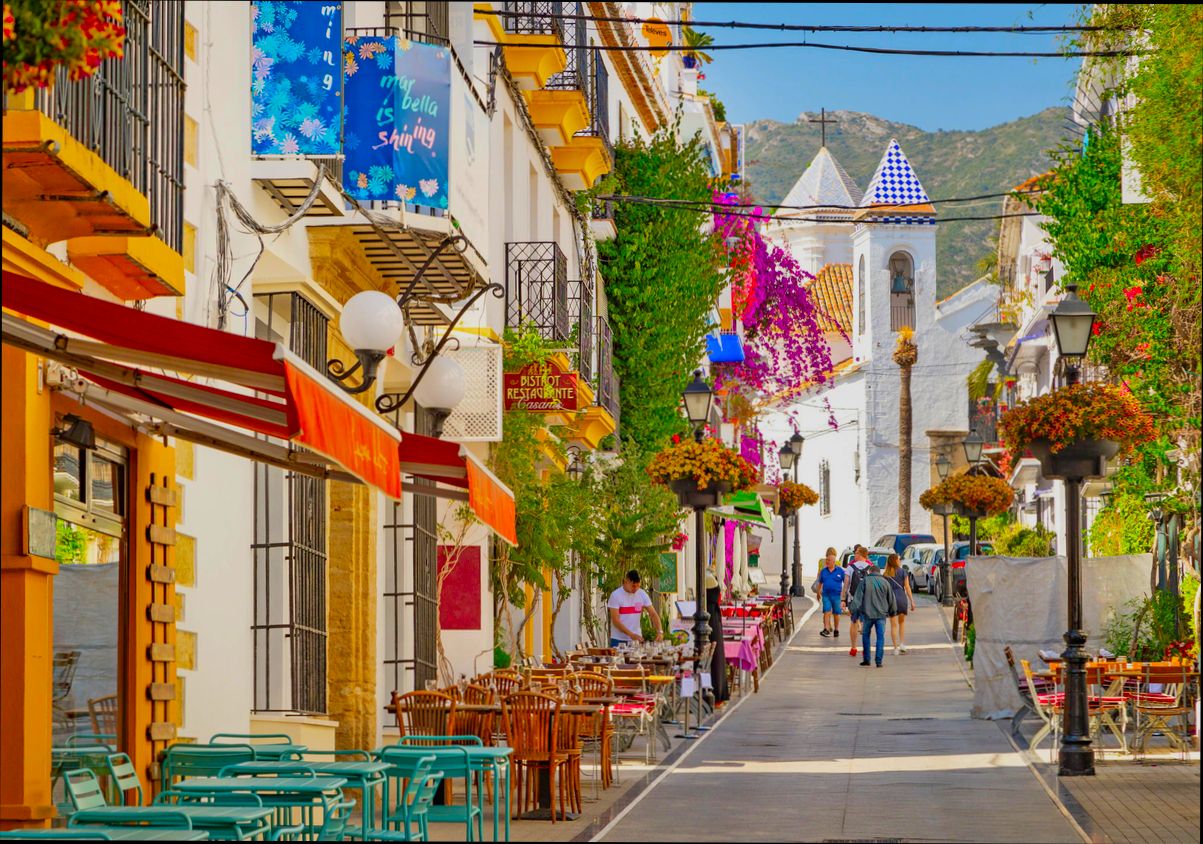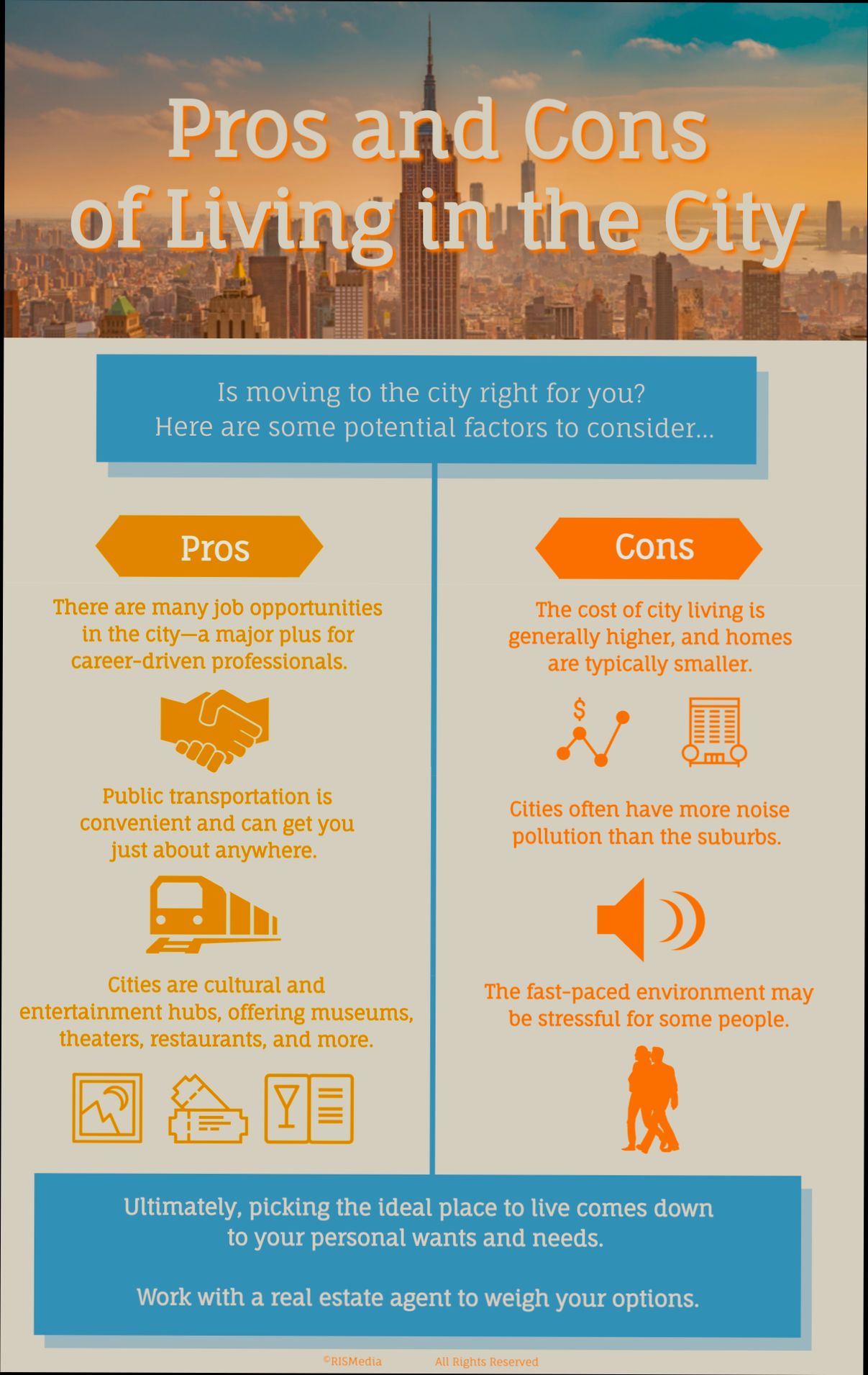Pros and Cons of Living in Nottingham can stir up some lively debates. On one hand, you’ve got the rich history, with landmarks like Nottingham Castle and the tales of Robin Hood echoing through the streets. The city buzzes with life, boasting a vibrant arts scene and tons of events, like the annual Nottingham Goose Fair, which draws in crowds with its rides and street food. Plus, if you’re a student, you’ll love institutions like the University of Nottingham, which ranks among the top in the UK, giving you access to a thriving and diverse community. Did I mention that the cost of living is relatively low compared to cities like London? You can find decent rentals starting around £600 a month, leaving you with more money for the fun stuff!
But every rose has its thorns, right? While Nottingham’s nightlife can be legendary, it can also be hit-or-miss, depending on your scene. Some areas may feel a bit rough around the edges, especially at night, and recent crime statistics show that certain neighborhoods experience higher rates of petty crime. And let’s not forget the weather. If you’re not a fan of rain, you might want to invest in some sturdy umbrellas, as it averages around 140 rainy days a year. So, while Nottingham has its charms and perks, it’s not without its quirks and challenges that you’ll want to weigh carefully.
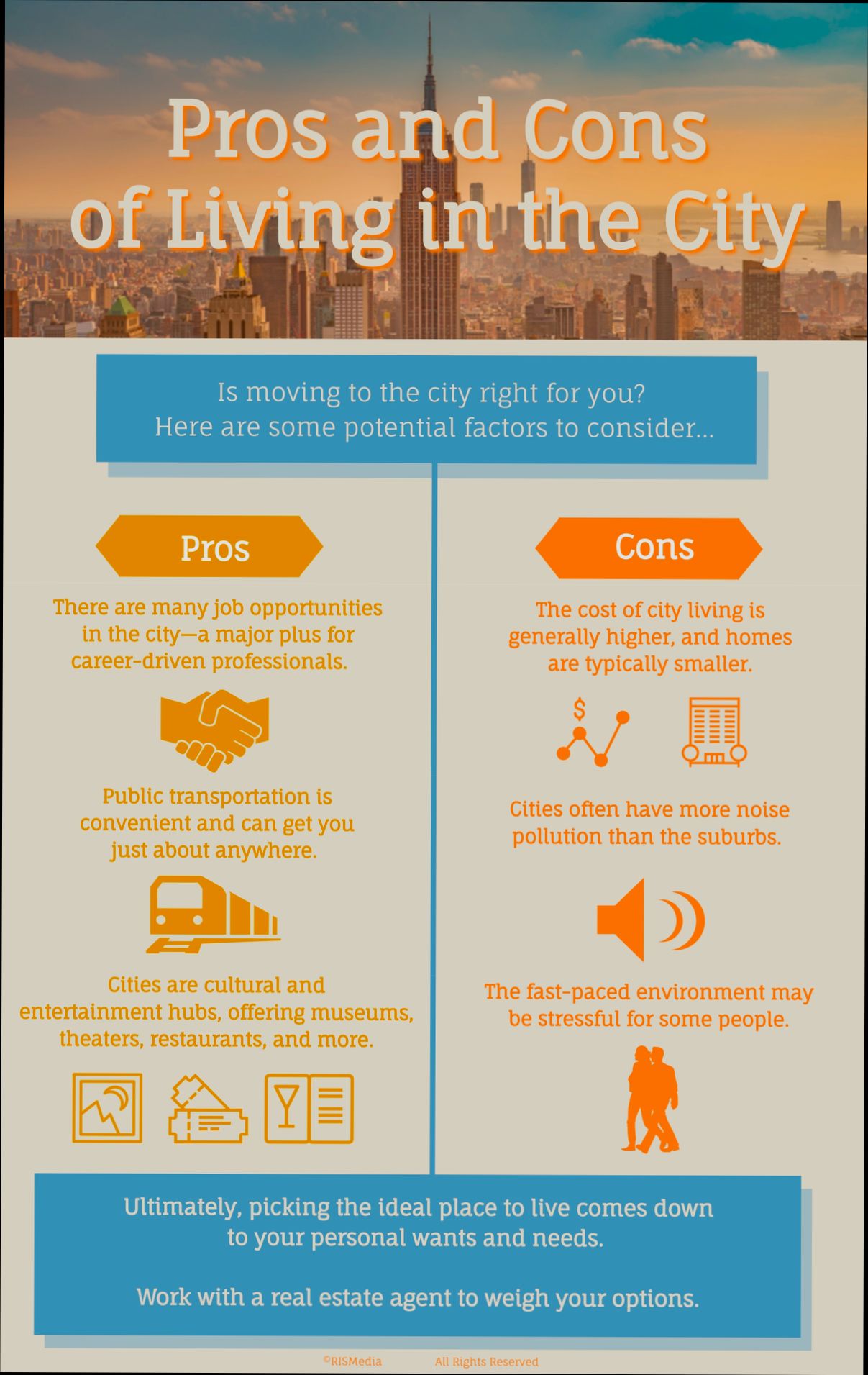
Cost of Living Comparison in Nottingham
When considering a move to Nottingham, it’s essential to understand the cost of living. This city offers a unique blend of affordability and urban life, but how does it stack up against other locations? I’ll break down the key aspects of living costs here to help you get a clearer picture.
Key Statistics and Figures
- The average cost of living in Nottingham is about $1,820, placing it in the top 25% of the most expensive cities globally, at rank 23.
- Rent prices can vary significantly, with some typical rates:
- Apartment (1 bedroom) in City Centre: £895.62
- Apartment (1 bedroom) Outside of Centre: £696.88
- Compared to cities like Madrid, Nottingham’s rent is approximately 22.6% lower, which can significantly affect your budget, especially if you’re moving from a pricier location.
Cost Breakdown Table
| Expense Category | Typical Cost in Nottingham |
|---|---|
| Meal, Inexpensive Restaurant | £15.00 |
| Domestic Beer (0.5 liter) | £4.50 |
| Monthly Transport Pass | £70.00 |
| Average Monthly Net Salary | £2,586.60 |
| Utility Costs (Monthly for 85m2 Apartment) | £232.02 |
Real-World Examples
Let’s say you enjoy dining out. A meal for two at a mid-range restaurant would cost you around £50, adding a nice touch to your social life without breaking the bank. If you’re grabbing a quick bite at a fast-food place, expect to pay about £8 for a combo meal.
Transportation costs are fairly reasonable. A one-way ticket on local transport will set you back about £2.83, which is great if you’re commuting. Moreover, with an average monthly net salary of about £2,586.60, many residents find they can cover their living expenses for nearly two months with just one paycheck.
Practical Implications
If you’re planning to move here, consider your lifestyle and preferences. The cost of everyday items, like groceries, has competitive pricing and can influence your budget positively. For example, a liter of milk costs around £1.19, making it relatively cheaper than some larger cities.
Actionable Insights
Before you decide, it’s wise to calculate your anticipated expenses.
- Create a budget that considers rent, transportation, and dining out.
- Engage with local communities to gain insights into hidden costs or savings.
- Don’t forget to account for utilities, which average around £232.02 monthly for a standard apartment, as these can add up more than you expect.
Being informed about the cost of living in Nottingham will empower you to make better financial decisions while enjoying all that the city has to offer!
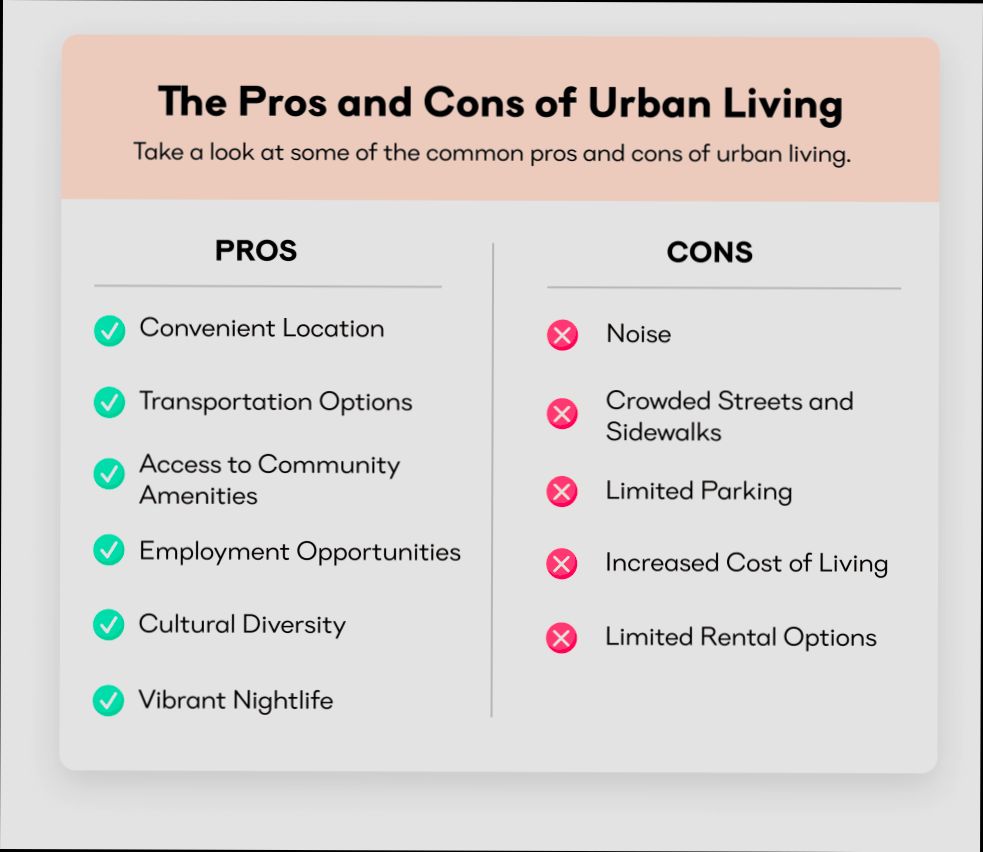
Cultural Attractions and Events Overview
In Nottingham, cultural attractions and events play a significant role in shaping the vibrant community you’ll become part of. From historical landmarks to engaging festivals, the city offers a rich tapestry of experiences that cater to diverse interests.
Rich Historical Landmarks
Nottingham boasts several historical sites that reflect its storied past. Here are some key attractions:
- Nottingham Castle: A cornerstone of medieval history, it underwent a multimillion-pound restoration, reopening in 2021. The castle draws in approximately 300,000 visitors annually, eager to explore its rich exhibits and stunning views.
- The City of Caves: Underneath the bustling streets, over 800 years of history await discovery in Nottingham’s extensive network of caves, attracting thousands of tourists each year.
Thriving Arts Scene
The arts scene in Nottingham is second to none, welcoming both established and emerging artists. The annual Nottingham Poetry Festival celebrates the written word, showcasing local talent alongside renowned poets from around the world. In 2022, the festival attracted an audience of over 5,000, highlighting the community’s passion for literature.
Events and Festivals
Nottingham residents enjoy a packed calendar of events throughout the year that reflect the city’s diverse culture:
- Nottingham European Market: Held annually, this market features food, crafts, and performances from various European cultures, drawing an impressive attendance of approximately 150,000 visitors.
- The Robin Hood Festival: Celebrated in Sherwood Forest, this festival features re-enactments, crafts, and music, engaging families and history enthusiasts alike, with about 30,000 attendees in recent years.
| Event | Annual Attendance | Cultural Focus |
|---|---|---|
| Nottingham Poetry Festival | 5,000 | Literature & Poetry |
| Nottingham European Market | 150,000 | Food & Culture |
| Robin Hood Festival | 30,000 | History & Entertainment |
Real-World Examples
One unique example is the Nottingham Castle Arts Programme, which integrates modern art into historical contexts, enhancing visitor appreciation for both past and present. Local artist collaborations have resulted in impactful installations that resonate with the community’s narrative.
Practical Implications
Participating in local events can enrich your life in Nottingham. You might consider:
- Joining community art workshops to meet like-minded individuals.
- Volunteering at festivals to gain insight into Nottingham’s cultural dynamics.
- Exploring local theaters for performances, as many productions focus on local stories and themes.
Specific Facts to Remember
Throughout the year, Nottingham’s festivals create opportunities to embrace local culture. Actively engaging with these events not only provides a deeper understanding of the community but also enhances your social network and overall quality of life in the city.

Public Transportation Advantages in Nottingham
When you think about living in a city like Nottingham, public transportation can play a significant role in your experience. Nottingham boasts an efficient and well-connected transportation system, making it easy to navigate the city and its surroundings. Here’s a closer look at the advantages of using public transportation in Nottingham.
Efficient and Comprehensive Network
Nottingham offers a comprehensive public transportation network that includes buses and trams. With over 300 bus services and an integrated tram system, you can easily access different parts of the city. The Nottingham Express Transit (NET) tram system operates two lines covering 15 miles, providing regular service every 7-10 minutes during peak times. This frequency allows you to travel with minimal waiting time.
Cost-Effective Travel Options
Public transportation in Nottingham is particularly budget-friendly. For instance, a Nottingham City Transport (NCT) day ticket costs around £4.10, which allows unlimited travel throughout the city for a whole day. If you’re a student, you can benefit from discounted travel passes, making it even more affordable to get around while studying or working.
Eco-Friendly Transportation Choices
Emphasizing sustainability, Nottingham’s public transport system aims to reduce carbon emissions. The city has committed to becoming carbon neutral by 2028, and public transportation plays a vital role in this effort. By opting for public transit, you contribute to lowering pollution levels and protecting the environment.
Accessibility Features
Public transportation in Nottingham is designed with accessibility in mind. Many buses and trams offer features such as low-floor access and audio-visual announcements, ensuring that everyone, including those with disabilities, can travel comfortably.
| Transportation Type | Frequency | Average Cost | Eco-Friendliness Rating |
|---|---|---|---|
| Bus | 7-10 mins | £4.10 (day ticket) | High |
| Tram | 7-10 mins | Included in day ticket | High |
Real-World Examples
Consider the case of University of Nottingham students. Many rely on the tram service to commute to campus. The ease of getting a discounted pass makes it advantageous for students who might otherwise face higher transportation costs. Similarly, local workers and residents embrace public transport, with data showing that 62% of people in Nottingham prefer travelling this way compared to driving.
Practical Implications
If you’re living in or moving to Nottingham, using public transportation can save you time and money. With regular services, efficient routes, and a commitment to sustainability, the public transport system here is a valuable resource. Be sure to familiarize yourself with available routes and ticket options, especially if you’re a student or a frequent traveler.
By choosing to utilize public transportation, you position yourself within an eco-conscious and financially savvy community, enhancing your overall experience in Nottingham.
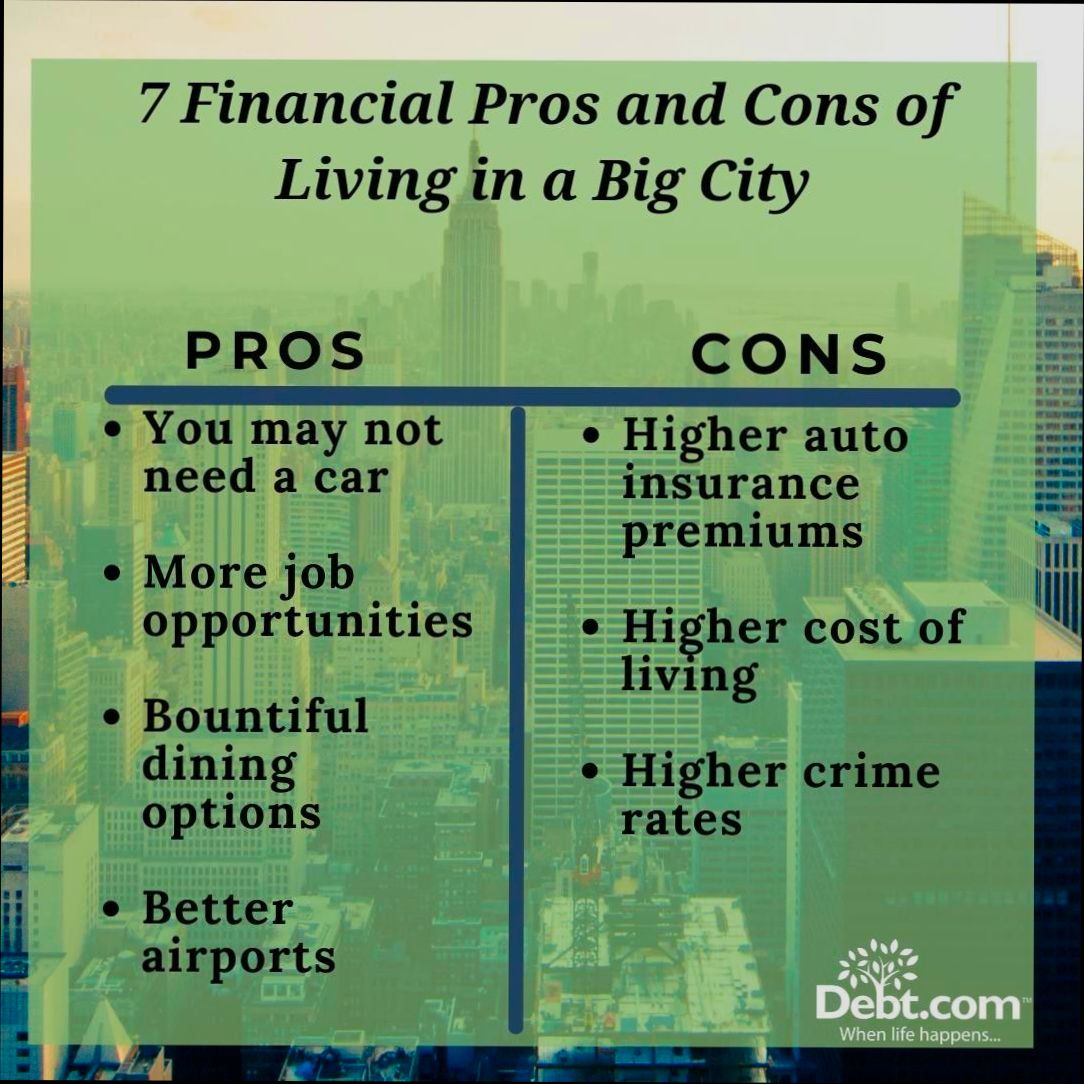
Real-World Examples of Community Life
When considering the vibrancy of community life in Nottingham, it’s vital to look at how individuals, groups, and organizations come together to create a supportive and engaging environment. Community life here is characterized by inclusivity, social interaction, and a wealth of opportunities for participation.
Key Aspects of Community Life
- Diverse Community Events: Nottingham hosts a wide array of community events, from food festivals to cultural celebrations. These gatherings often see thousands of residents participating, promoting a sense of belonging and unity. For instance, events like the Nottingham Carnival attract over 25,000 spectators each year.
- Engagement in Local Initiatives: About 70% of Nottingham residents engage in local initiatives, whether through volunteering, attending community meetings, or participating in neighborhood clean-up operations. This high level of involvement is a testament to the community spirit prevalent in the area.
- Support for Local Businesses: The local economy thrives on community support, with over 80% of residents preferring to shop locally. This preference fosters a strong sense of community identity and resilience, as local businesses often collaborate with residents on community projects.
| Community Aspect | Statistic | Impact on Community Life |
|---|---|---|
| Annual Community Events | 25,000 attendees | Promotes unity and cultural exchange |
| Resident Engagement | 70% involvement | Encourages collaboration and support |
| Preference for Local Businesses | 80% shop locally | Strengthens local economy and identity |
Real-World Examples
1. The Nottingham Carnival: This vibrant annual event celebrates the city’s multicultural heritage. With various performances, culinary experiences, and the vibrant artistry of local participants, it exemplifies how community life can bring people together in celebration and enjoyment.
2. Nottingham Aid Forum: This organization fosters collaboration among various charities and community groups to address social issues within Nottingham, such as homelessness and food security. Their initiatives often rely heavily on community involvement, showcasing the power of collective action to make a difference.
3. Lenton Community Centre: This local hub offers a variety of programs that cater to all ages, from art classes to wellness workshops. These activities encourage residents to come together, share experiences, and foster new friendships.
Practical Implications for Residents
- Get Involved: Engaging in community events or initiating local projects not only enriches your life but also contributes positively to the community’s fabric.
- Support Local: Regularly shop at local businesses and attend events to strengthen ties with neighbors and enhance local cultural richness.
- Volunteer Opportunities: Seek out local charities and organizations that align with your interests. Volunteering is an excellent way to meet people and directly impact your community.
Being a part of Nottingham’s community life means immersing yourself in a rich tapestry of cultural experiences, collaborative efforts, and genuine friendships. Embrace these opportunities to enhance your living experience in this vibrant city!
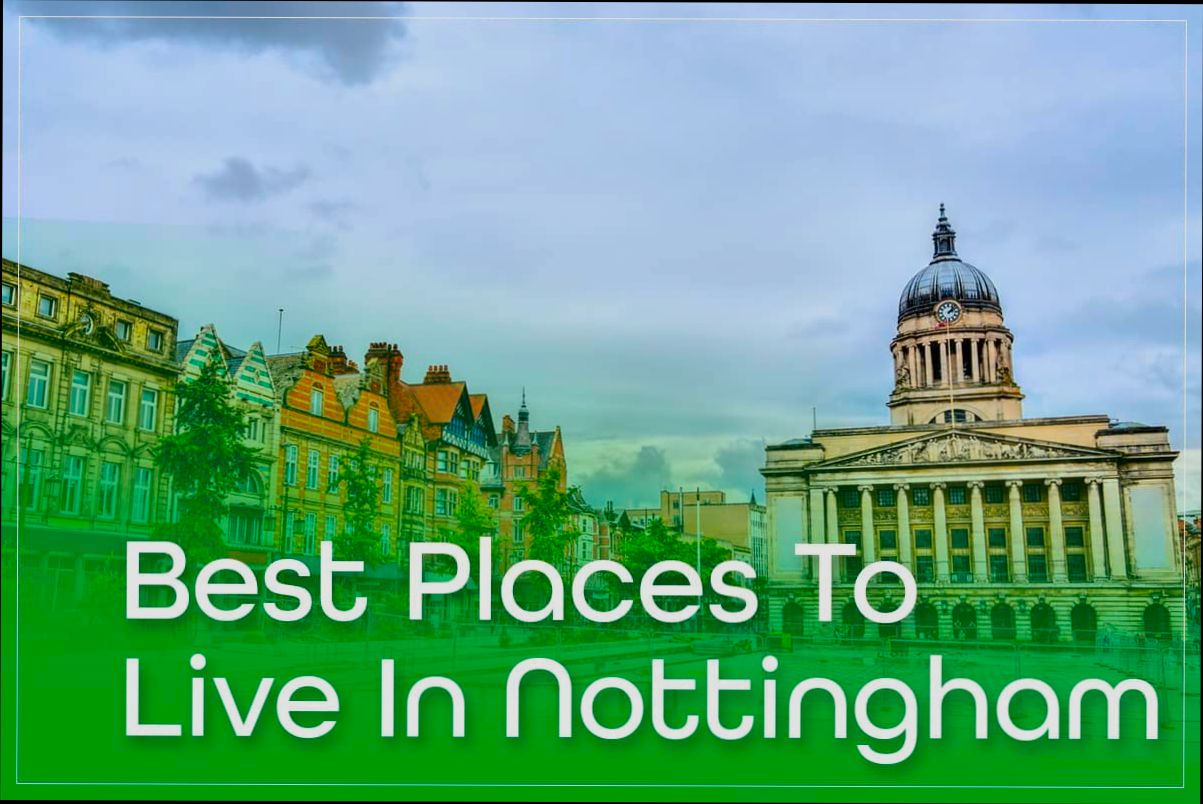
Education Quality and Opportunities Assessment
When evaluating the education quality and opportunities in Nottingham, several factors come into play. From primary education through to higher education institutions, Nottingham presents a varied landscape that supports both academic and vocational growth.
Key Points on Education Quality
- Primary and Secondary Schools: Nottingham offers a range of primary and secondary schools, with approximately 88% being rated as ‘Good’ or ‘Outstanding’ by Ofsted. This high percentage speaks to the commitment to educational standards within the city.
- Higher Education Institutions: The city is home to notable universities such as the University of Nottingham and Nottingham Trent University, both of which rank within the top 30 in the UK according to the QS World University Rankings.
- Further Education Opportunities: Nottingham has over 25 further education institutions that provide vocational courses and apprenticeship programs, catering to approximately 8,000 students annually. This variety ensures that there’s something for everyone, whether you’re looking to gain academic qualifications or practical skills.
Comprehensive Education Comparison Table
| Education Sector | Percentage of Good/Outstanding Schools | Leading Institutions | Average Distance to University |
|---|---|---|---|
| Primary Schools | 88% | - | 2 miles |
| Secondary Schools | 85% | - | 1.5 miles |
| Higher Education | - | University of Nottingham, Nottingham Trent University | 3 miles |
| Further Education | - | Notts College, Central College Nottingham | 4 miles |
Real-World Examples
In Nottingham, the Nottingham Academy stands out as a thriving institution serving over 2,200 students. It’s recognized for its innovative teaching methods and extensive extracurricular programs, which contribute significantly to the personal development of its students.
Likewise, Spurgeons Academy has made leaps in ensuring that disadvantaged students receive the support they need, achieving a commendable 90% of its students going on to higher education or into skilled employment post-graduation.
Practical Implications for Residents
As a resident, you’ll benefit from engaging with local educational initiatives. For example, many universities offer open days and events focused on community involvement, providing you a chance to interact with educators and students alike.
You can also explore Adult Education courses which are prevalent throughout Nottingham. These courses can help you acquire new skills or pivot your career as needed, adding value to your professional profile.
Actionable Facts
- If you’re considering education for children, visit local schools during open days to get an insight into their culture and teaching methods.
- Look into partnership programs offered by universities that often include scholarships or discounted courses for local residents—this can ease the financial burden significantly.
- Engage with local education forums, where you can connect with other parents, educators, and students to understand the latest trends and opportunities in the city’s educational landscape.

Potential Downsides of Weather Variability
Living in Nottingham means experiencing a rich tapestry of weather conditions. However, the variability in weather can bring about several downsides that may influence your daily life. Understanding these potential challenges can help you prepare better and adapt to the environment.
Unpredictable Weather Patterns
The unpredictable nature of Nottingham’s weather can lead to several inconveniences:
- Frequent Rainfall: On average, Nottingham experiences approximately 140 days of rain each year, which can disrupt outdoor plans.
- Temperature Fluctuations: The average high temperature can range from around 6°C in winter to 22°C in summer, making it challenging to dress appropriately daily.
- Seasonal Affective Disorder (SAD): Many residents report symptoms associated with SAD due to long, gray periods during the autumn and winter months, affecting mood and productivity.
Impact on Health and Lifestyle
The variability in weather can also have adverse effects on health and lifestyle:
- Increased Illness: Fluctuating temperatures and damp conditions can contribute to the spread of respiratory infections; studies show that illness rates tend to rise by up to 15% during particularly rainy months.
- Outdoor Activities: It’s common for 60% of residents to alter their outdoor activities or plans due to unexpected rain, which may lead to increased indoor time and associated feelings of isolation.
| Weather Aspect | Average Days/Year | Health Impact |
|---|---|---|
| Rainfall | 140 | Increased respiratory infections |
| Temperature Extremes | 16 | Seasonal Affective Disorder (SAD) |
| Stormy Days | 20 | Disruption of outdoor activities |
Real-World Examples
Numerous Nottingham residents shared their experiences regarding the challenges presented by weather variability:
- Local Businesses: A café owner highlighted losing 30% of weekend sales during prolonged rainy spells, as people are less likely to go out.
- Community Events: Organizers of annual festivals noted that up to 25% of attendees cancel due to unpredictable weather forecasts, impacting event success and local tourism.
Practical Implications
For those living in Nottingham, here are some tips to mitigate the effects of weather variability:
- Wardrobe Preparation: Invest in stylish, waterproof outerwear that can handle sudden changes without sacrificing comfort.
- Indoor Activities: Explore local indoor venues and activities to stay engaged even when the weather takes a turn; options abound, from museums to local cafes.
- Stay Informed: Use weather apps that provide hourly updates to help plan your day effectively; being notified of changes can help you stay ahead.
In the context of weather variability, taking proactive steps while embracing the dynamic nature of Nottingham’s climate can enhance your living experience.

Safety and Crime Statistics Analysis
When considering a move to Nottingham, understanding the safety and crime statistics can significantly influence your decision. Let’s dive into a detailed analysis of safety metrics to help you navigate this aspect of city living.
Key Crime Statistics in Nottingham
Nottingham reports various crime rates across different categories, and it’s essential to be vigilant. Here are some noteworthy statistics to consider:
- Overall Crime Rate: Nottingham’s overall crime rate stands at approximately 92.9 incidents per 1,000 population, which places it above the national average.
- Violent Crime: An alarming trend is evident in violent crimes, with a reported rate of 29.4 per 1,000 population, reflecting concerns about safety in public spaces.
- Theft: Property theft is notably concerning, with around 13.7 incidents per 1,000 residents, highlighting the need for vigilance regarding personal possessions.
| Crime Category | Crime Rate (per 1,000 population) |
|---|---|
| Overall Crime | 92.9 |
| Violent Crime | 29.4 |
| Property Theft | 13.7 |
Real-World Examples
Let’s look at some real-world cases to provide context to these statistics:
- In early 2022, a spike in violent incidents in the city center prompted police initiatives aimed at increasing visibility and community engagement.
- Local councils have reported a rise in community programs aimed at reducing youth-related crimes, with participation from local residents being encouraged for grassroots safety improvements.
Practical Implications for Residents
Being informed about crime statistics can guide your lifestyle choices:
- Safety Precautions: If you plan to reside in areas with higher crime rates, consider engaging in community watch programs or installing security systems to safeguard your property.
- Awareness of Trends: Stay updated on crime trends through local news or police reports, enabling you to adjust your habits and routes as necessary.
- Community Engagement: Join local groups focusing on crime reduction or safety initiatives; your involvement can help enhance neighborhood safety while forging community connections.
To strengthen your personal safety, consider utilizing local resources and maintaining an awareness of your surroundings. Educate yourself on areas with varying crime rates to make informed living choices.



